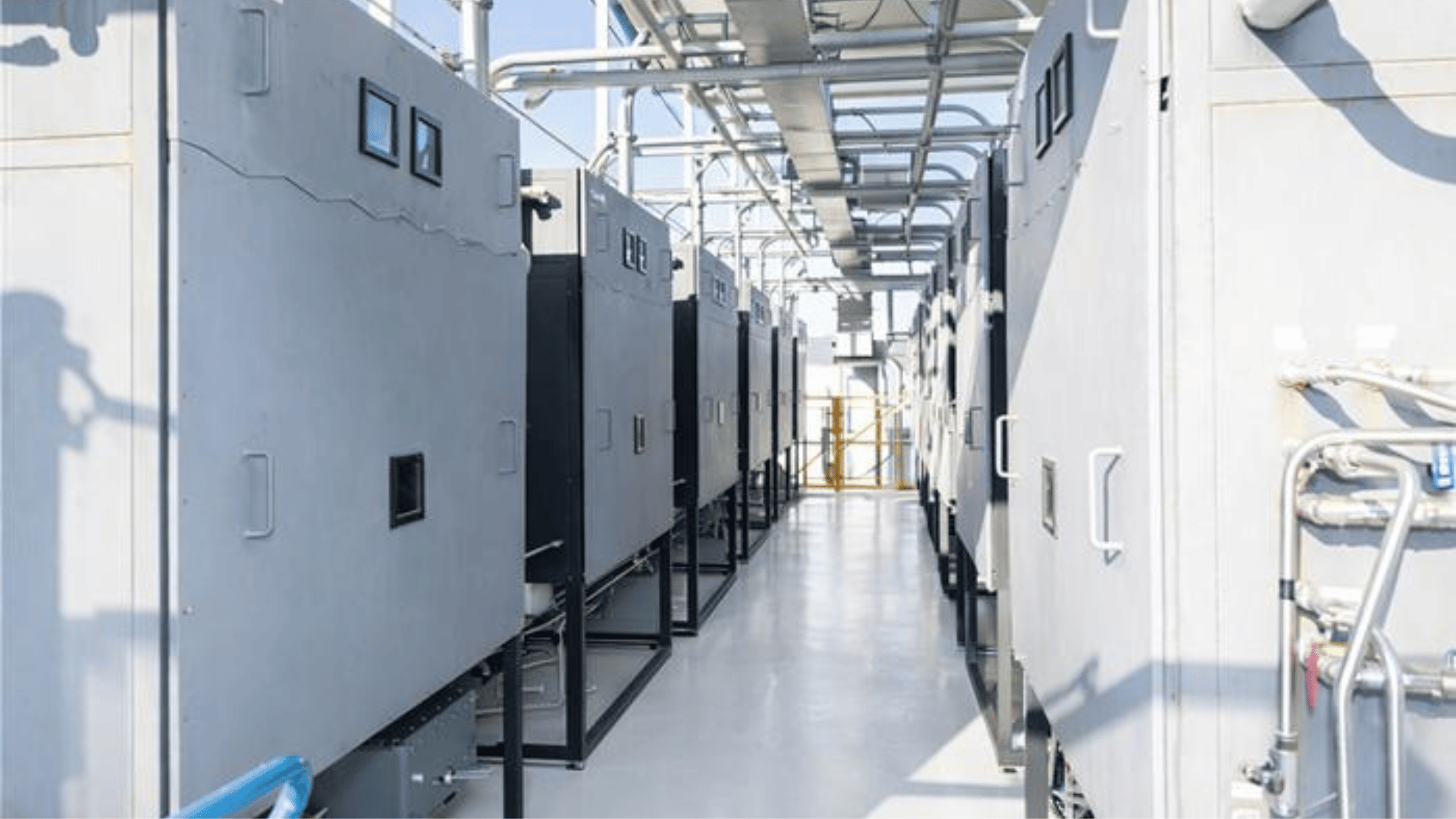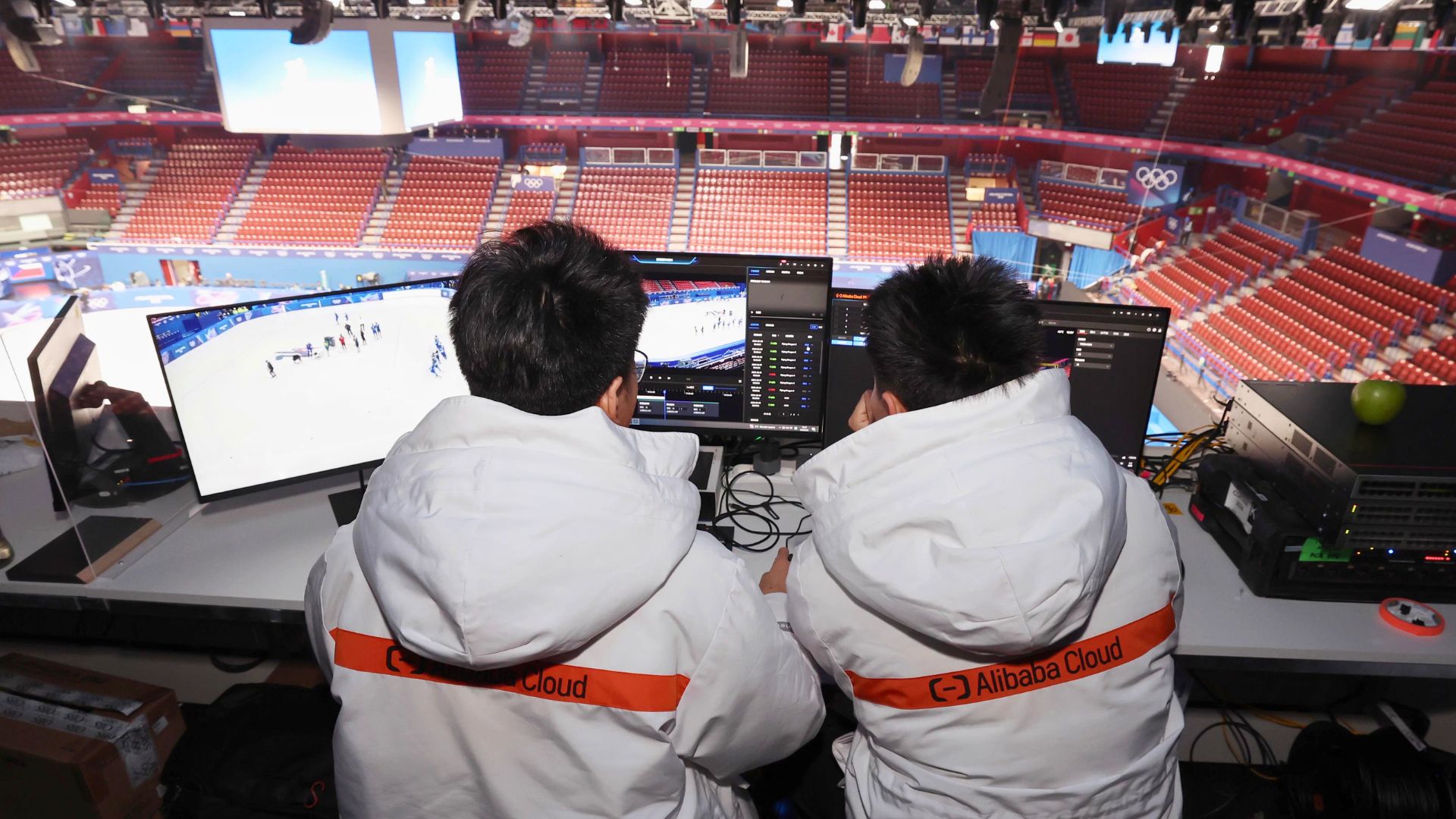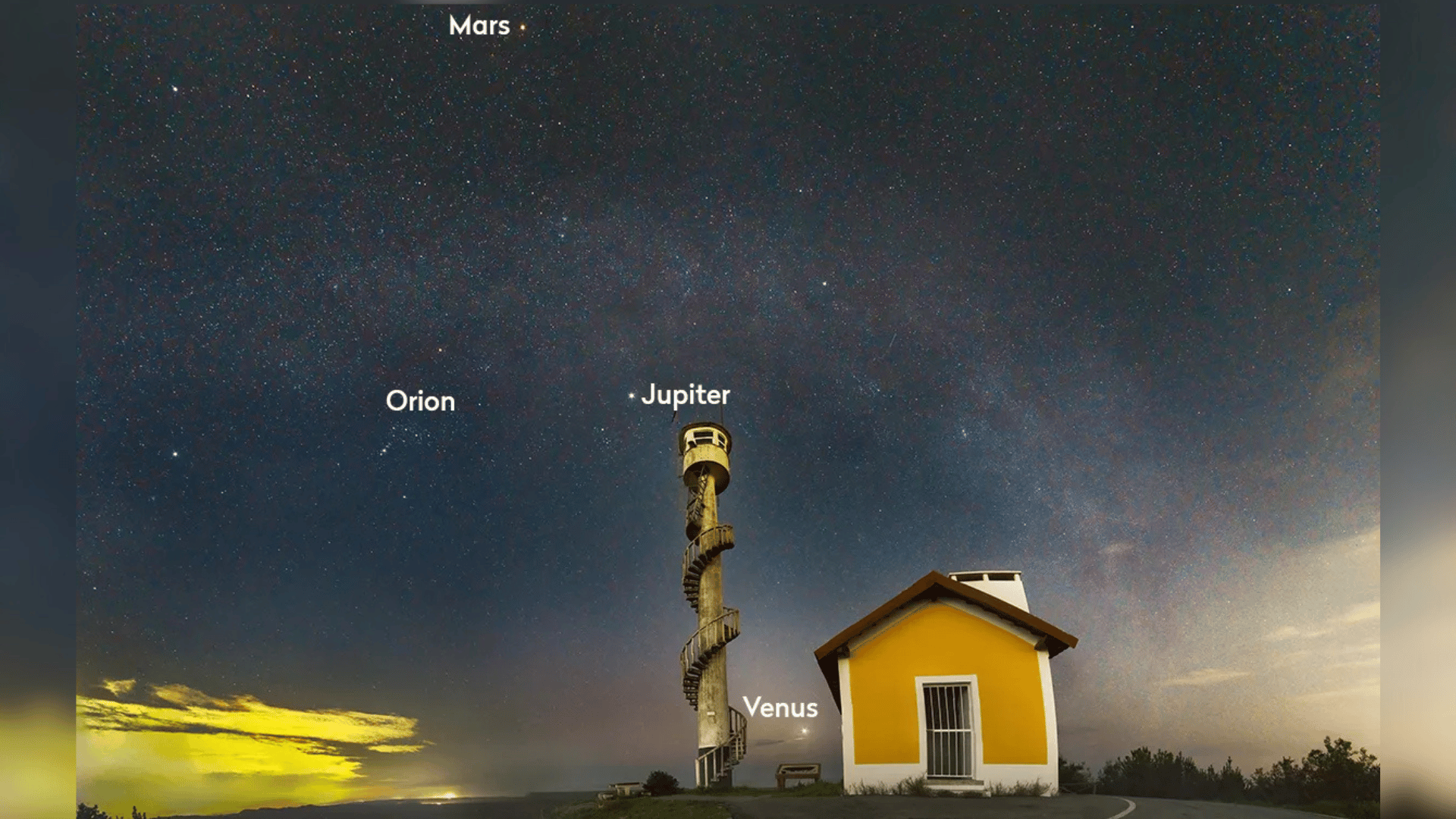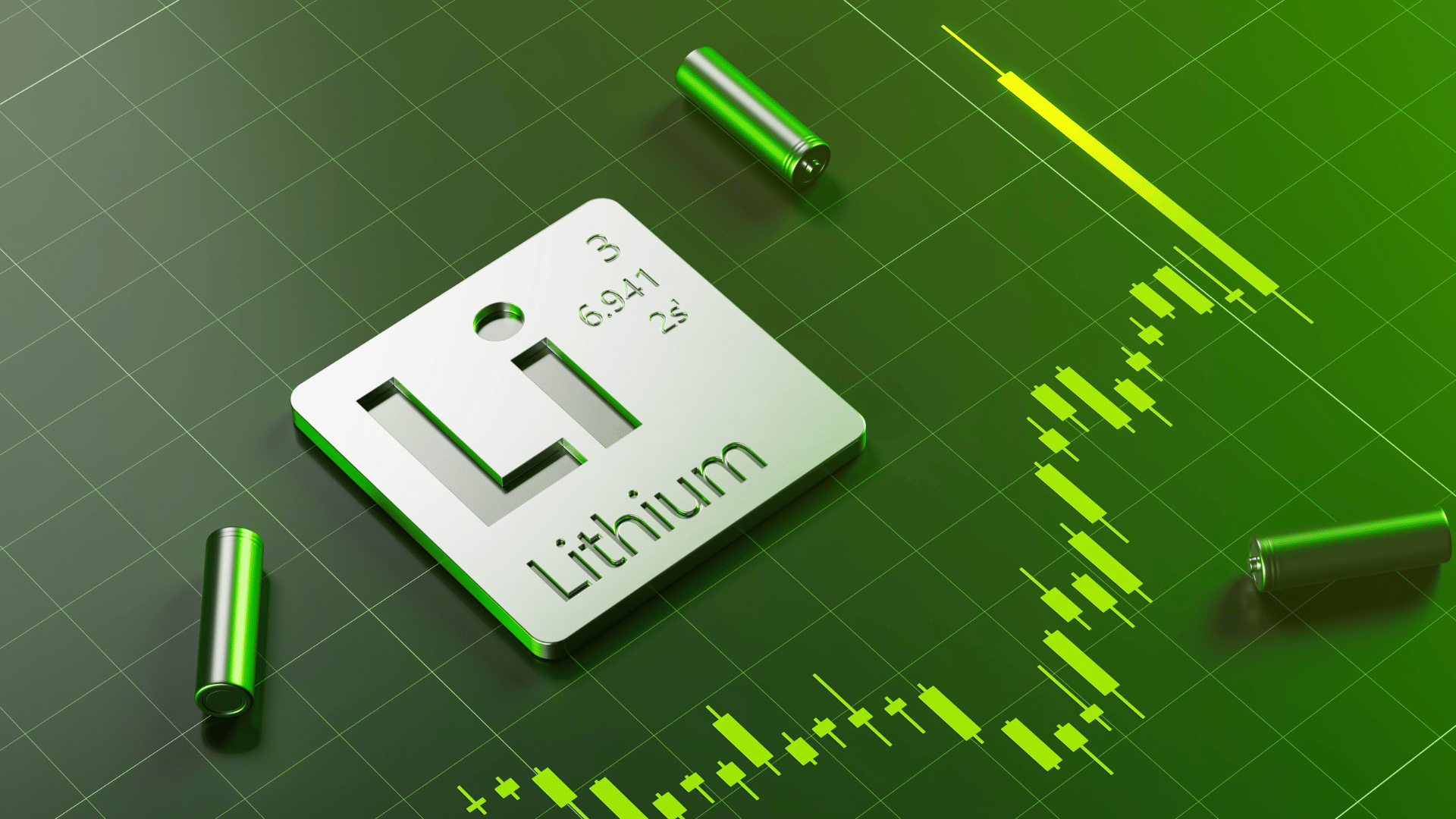The world’s first commercial e-methanol plant in Denmark opened its doors on Tuesday. Joint owners, Denmark’s European Energy and Japan’s Mitsui, said the new plant will produce 42,000 metric tons (53 million liters) of e-methanol annually.
Commercialized E-Methanol Plant
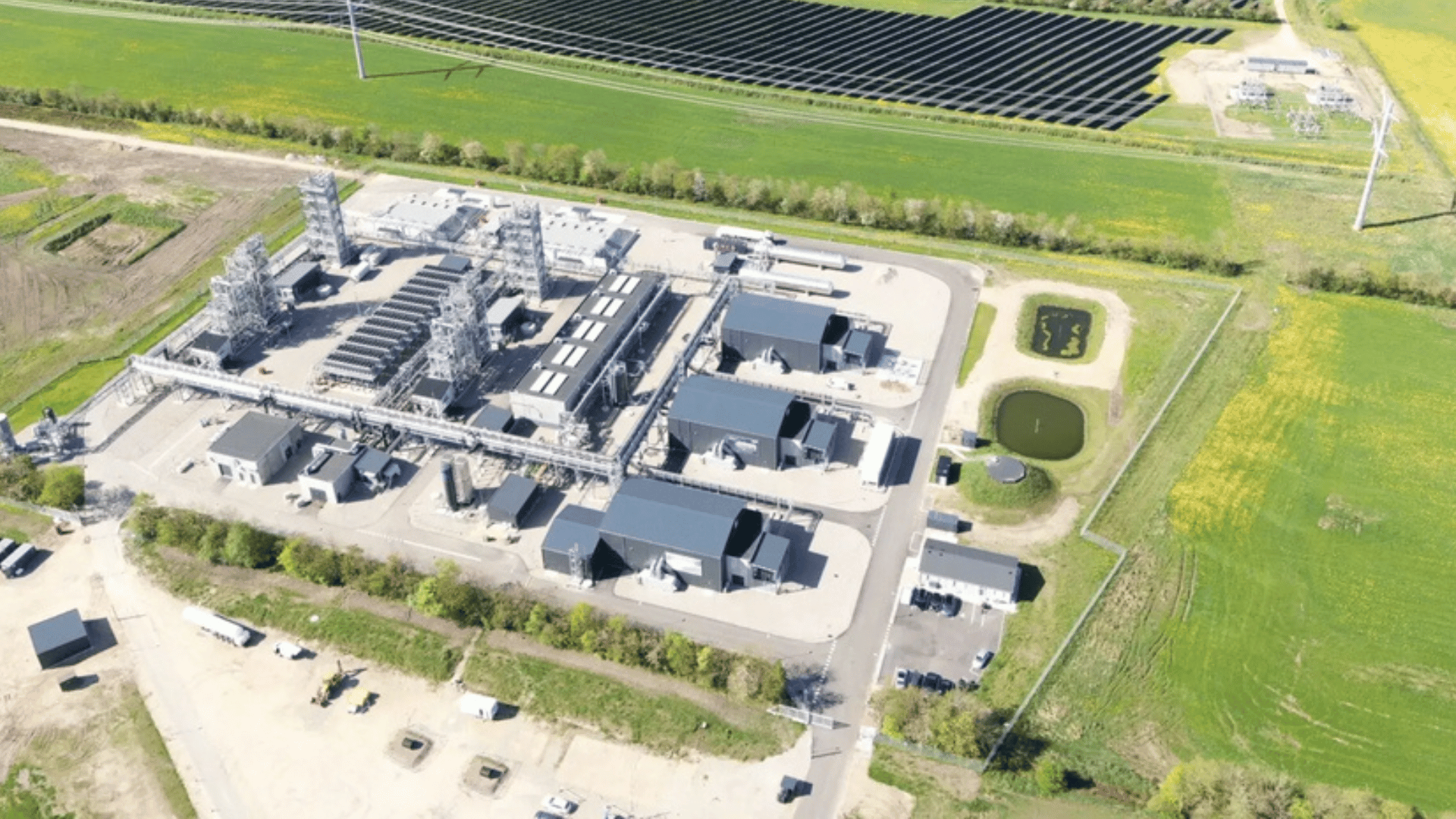
According to a Reuters report, shipping giant Maersk will buy part of the production as a low-emission fuel for its fleet of ships. This follows the International Maritime Organization’s target of hitting zero emissions by 2050. Maersk said the plant’s annual production is enough to fuel “one large 16,000 container vessel sailing between Asia and Europe.”
Zero-emission shipping fuels are produced using renewable energy, but tend to be more expensive because they’re not commercially produced. The new plant in Kasso, located in southern Denmark, can change that.
The Kasso plant will reportedly make e-methanol using renewable energy and CO2 captured from biogas and waste.
For Maersk, the biggest issue with e-methanol was the cost. The company is reportedly researching green fuel technologies and “more efficient” shipping to make the process cheaper.
“When you look at the production from Kasso, it is of course just a literal drop in the ocean, so we need to scale up and we need to bring costs down,” Emil Vikjar-Andresen, head of European Energy’s Danish Power-to-X team, said in a webinar.
In addition to fueling the container ships, e-methanol has the potential to power plastic production, opening up supply to other Danish companies. According to reports, drugmaker Novo Nordisk will use e-methanol from the plant to make injecting pens. The famous toymaker Lego will also harness the green fuel to make its iconic plastic bricks.
According to the report, excess heat from the plant will also be used. It will reportedly be used to heat 3,300 houses in the area. The estimated cost of the new plant was 150 million euros ($167 million).
For the owners of the plant, this is only the beginning.
“Our strategy is to scale up,” said Jaime Casasus-Bribian, head of projects at Danish company European Energy. “The next plant will be three times bigger.”



